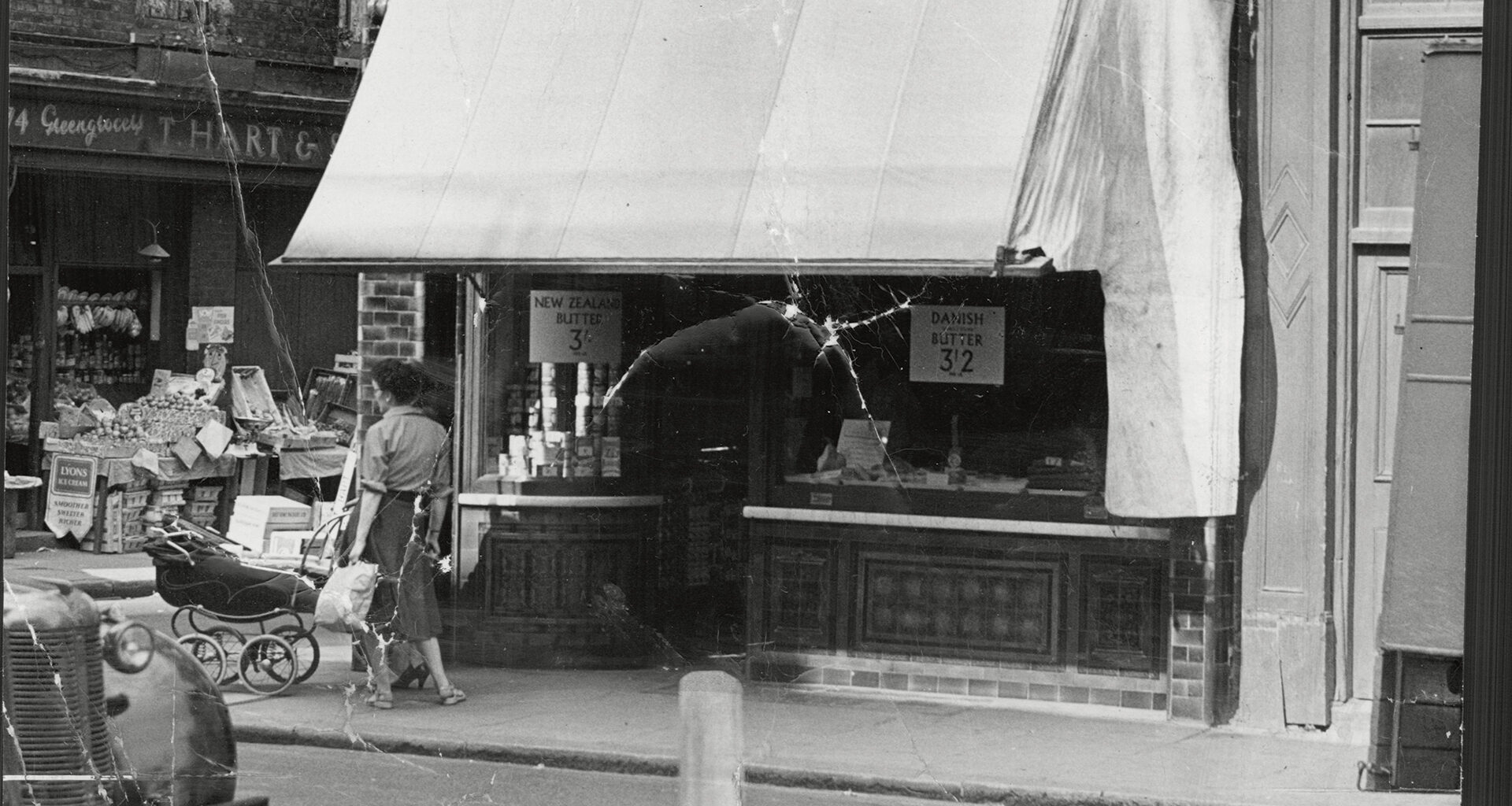Slowly, a concept of a collapsed and decayed Britain crept in. And clever middle-class children developed satire in the 1960s to learn to laugh at that antique posturing.
Posturing, though, was not the greatest crime. What Britain kept intact from Victorian times was its class system. What you might call an aerated version of it, walls with holes in them so that some could escape. Actors, photographers, hairdressers and pop stars were among the first who braved this brave new world of getting out from labour; from limited chances, poor education and poor prospects.
The problem is that Britain did not cash in on the inherited talents, skills and abilities of the oldest proletariat in the world – where within its bones was the inherited trauma of being the first industrial nation who were beaten down as humans as they became machines for profit. Shortened, unhealthy, obsessed with the manual labour that was their lot; trodden into the ground to ensure the better classes had enough armchairs and sofas in their living rooms, enough parasols to keep off the sun in their adventures at holiday resorts.

The welfare state did not puncture that class system because it was created by a government who still kowtowed to the division of labour. That workers were workers, and the brightest were creamed off to help run the show. Industrial workers were kept in bankrupt industries to keep up the appearance of a vital nation. Trade unions did their best to halt the creation of a new class of highly skilled, educated and healthy workers who could rise above the life-threatening labours inherited from the Industrial Revolution. Trade unions opposed innovation because it would mean layoffs and the dole queue.
Everyone in power throughout those early postwar governments was looking backward. To a failed empire and now a failed industrialism. The undereducated manual labourers became the forgotten and lost when Thatcher came along and trod over those industrial communities that were kept going by state benefits.
What the last 80 years has not produced is an understanding of that decline; and the need to embolden working people to move beyond demeaning labour and rise through education into a post-industrial UK, hence our enormous use of social security to act as a plaster over the sufferings brought on with a lack of investment in turning working people into a skill-rich and educated workforce.
An underclass who are condemned to live in poverty because in their early nurturing they could not break their inheritance of poverty. A poverty that is often centuries old. No, the largely middle-class decision-makers in the Labour Party could not break free from their patronising belief that a worker is a worker, except when he is bright enough to escape.
Not recognising that brightness among the working classes existed in buckets. And, understandably, the trade union movement was intent on not going back to the hungry 30s and mass unemployment. A recipe for keeping workers down that echoes now in our poorly served social security recipients.
Governments changed the appearance but not the thinking.
John Bird is the founder and editor-in-chief of the Big Issue. Read more of his words here.
Do you have a story to tell or opinions to share about this? Get in touch and tell us more. Big Issue exists to give homeless and marginalised people the opportunity to earn an income. To support our work buy a copy of the magazine or get the app from the App Store or Google Play
